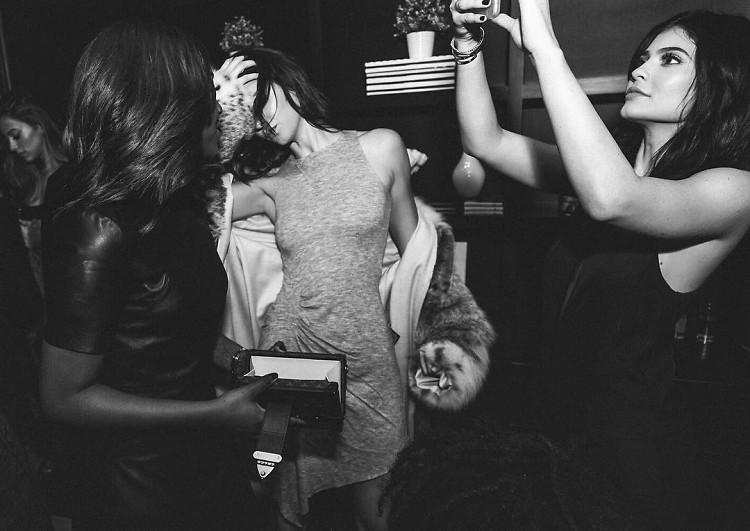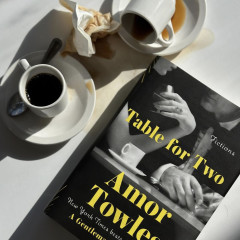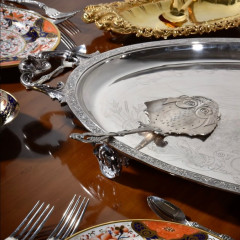
Ladies, you know exactly what we're talking about. During a big night on the town, you reluctantly leave the fun for a restroom run. During what would normally be a dull wait in the line, you fumble your clutch. Before you can bat an eyelash, the gals surrounding you move faster than anyone has ever moved in stilettos so that they can help you out. After the fastest grabs the bag and hands it to you, each participant doles out ~5 compliments and by the time you actually make it to the stall, you've acquired the email for a possible future employer and maybe a gift basket or two. Fellas, we're so sorry you'll never experience this in its full. It's like mob mentality but, like, for being really excessively sweet.
As we all have probably gleaned, a bathroom full of drunk girls isn't necessarily indicative of how the world normally functions. In fact, multiple previous studies have noted a sober phenomenon called the "Bystander Effect." Basically, this concept encompasses the internal moral toggling that goes into deciding whether or not you should help someone when you're surrounded by a bunch of people.
Picture yourself, fully sober, walking past a group of tourists talking about how excited they are to be on their way to the Staten Island Ferry as they climb onto a 1 train that is headed uptown, very far away from South Ferry. The Bystander Effect will set in in multiple ways. Diffusion of responsibility will have you asking yourself why you should be the one to tell these people they're going the wrong way when everyone else on the train certainly knows that as well. You'll be engaging in pluralistic ignorance when you look to others' inactivity as the norm for how to act. Then, finally, audience inhibition will take hold when you think about pointing them in the right direction, but get too nervous because everyone else on the train would be watching you, possibly disapproving.
Many people on this fateful 1 train, besides the man with whiskey fumes spewing out of his mouth with every incoherent word he speaks, are undergoing this internal moral toggling. These three worries that make up the Bystander Effect are a collective thing that happens to everyone who is faced with an opportunity to help someone out in a crowd. You will help out eventually (because you're a beautiful subway guardian angel, looking out for the foolhardy masses), but only after a good amount of Uptown travel while you think it over, specifically because you're surrounded by the commuting masses.
But, now, picture yourself making your way home from a lengthy drunch when happening upon these poor, misguided ferry-goers. You're feelin' great (maybe not as great as the whiskey fumes guy from the previous hypothetical, but nearly there), and the three processes of the Bystander Effect don't even cross your mind because you're marveling to yourself that we live in a beautiful world where weekends and day drinking exist! As such, as soon as you overhear their mistake, you'll jump in before they even have a chance to make it above 14th St. And you'll do it even faster specifically because you're surrounded by the commuting masses, and you're drunk.
This is just a help-a-New-Yorker-understand ploy to describe what psychologists Bommel, Prooijen, Elfers, and Van Lange have found in their article Booze, Bars, and Bystander Behavior: People Who Consumed Alcohol Help Faster in the Presence of Others recently published in Frontiers of Psychology, providing controlled, scientific proof of everything we already knew about drunk girls in line for the bathroom - they're the best, and absolutely more likely to give you a tampon before you even ask.
So scientifically speaking, no one is there for you as enthusiastically and as swiftly as that girl you've never met that helped you shit talk your ex that she's never met while you both waited to pee. Enjoy!
[Photo via @kendalljenner]


.jpg)
.jpg)



.jpg)
.jpg)
.jpg)




